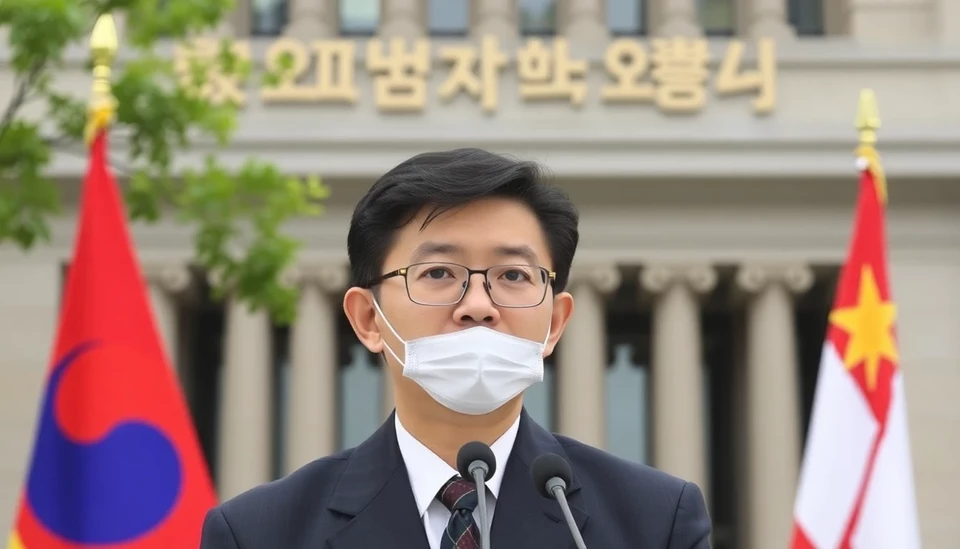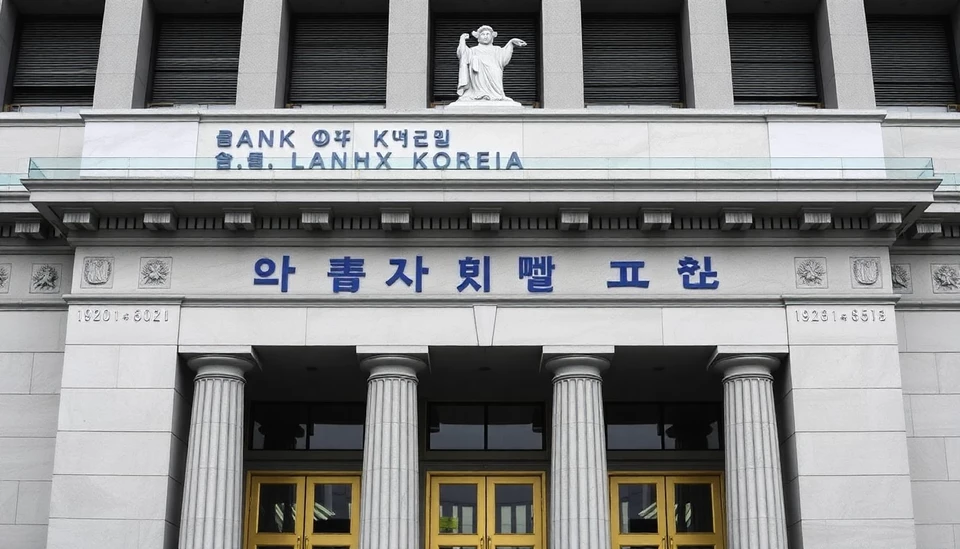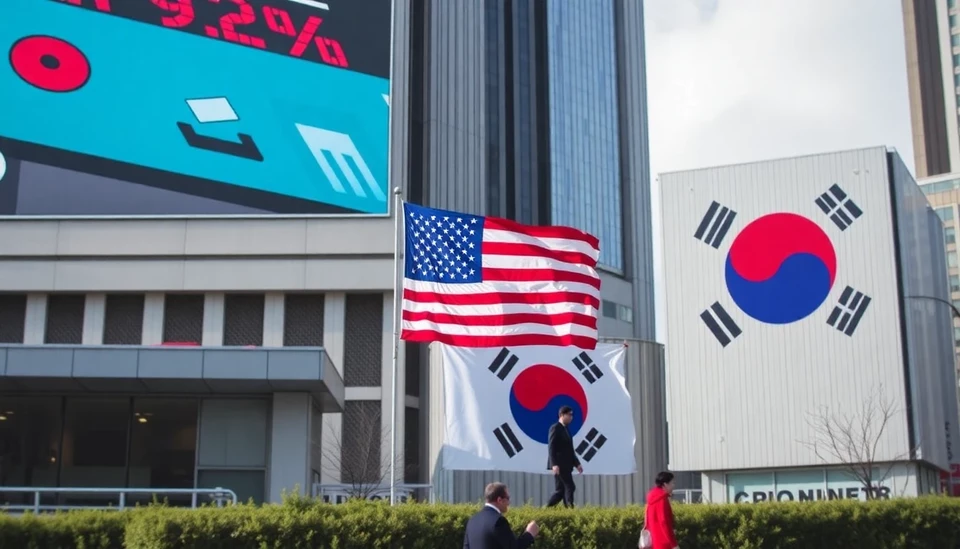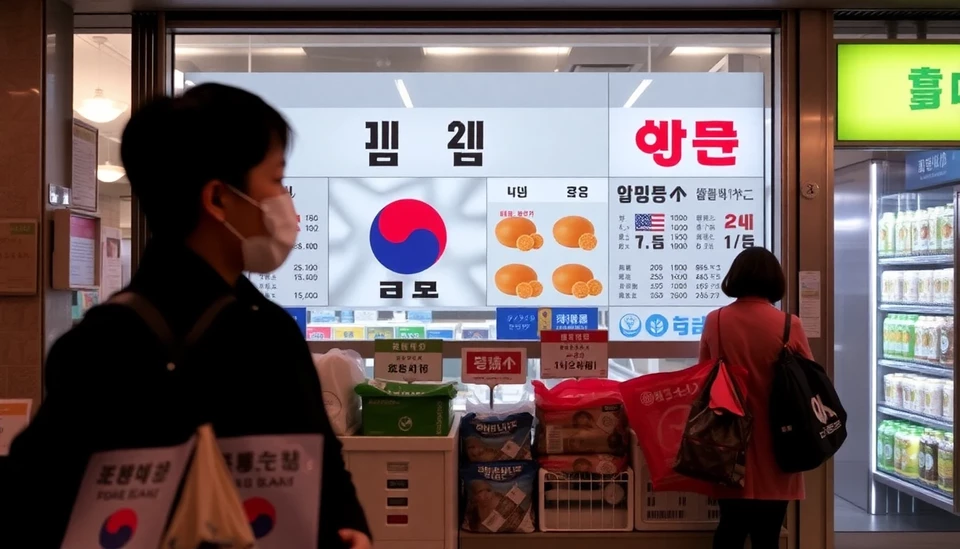
The Bank of Korea is poised to convene an emergency meeting in light of President Yoon Suk-yeol’s unexpected declaration of martial law, a move that has sent ripples of concern throughout the nation’s financial system. This unprecedented decision comes after a series of escalating tensions and protests that have rocked South Korea, prompting the government to take drastic measures in an attempt to restore order.
President Yoon’s martial law declaration aims to address the recent unrest that saw thousands of citizens take to the streets, demanding immediate government reforms and changes in policy. The protests, which began as a response to rising living costs and economic disparities, quickly evolved into broader calls for accountability and transparency from the government. In response to what the administration perceives as potential threats to national security, Yoon implemented these emergency measures, raising alarms among economists and financial analysts.
The Bank of Korea, tasked with maintaining economic stability and managing monetary policy, has indicated that the upcoming meeting will focus on assessing the potential impacts of the martial law on the economy, financial markets, and consumer confidence. The decision to convene an emergency meeting emphasizes the economic implications of this political upheaval and underscores the urgent need for a coordinated response among policymakers.
Observers have expressed grave concerns over the potential ramifications of martial law on the nation’s economy, particularly regarding foreign investment and market stability. Some analysts predict that the military presence and heightened state control may deter investors, exacerbating an already fragile economic recovery in the aftermath of the pandemic. Others fear that such measures could provoke further unrest, undermining the government's credibility and leading to a prolonged period of instability.
The emergency meeting is expected to seek ways to mitigate potential disruptions while also reinforcing the central bank's commitment to stabilizing the economy during these turbulent times. Investors and citizens alike are closely monitoring the situation, as the Bank of Korea’s decisions will play a critical role in shaping the immediate economic landscape and restoring public trust.
As the situation evolves, the global financial community is keeping a watchful eye on South Korea, analyzing how this internal conflict may influence regional markets and international relations. The Bank of Korea’s forthcoming announcements are anticipated to provide key insights into the central bank's strategy for navigating the complexities of this crisis.
In summary, the Bank of Korea's decision to hold an emergency meeting signals the serious nature of the current political situation in South Korea and its implications for the economy. As the nation faces unprecedented challenges, the response from both the government and the central bank will be crucial to determining the future trajectory of South Korea’s financial system.
#BankOfKorea #MartialLaw #YoonSukYeo #SouthKorea #EmergencyMeeting #FinancialStability #EconomicCrisis
Author: Rachel Greene




